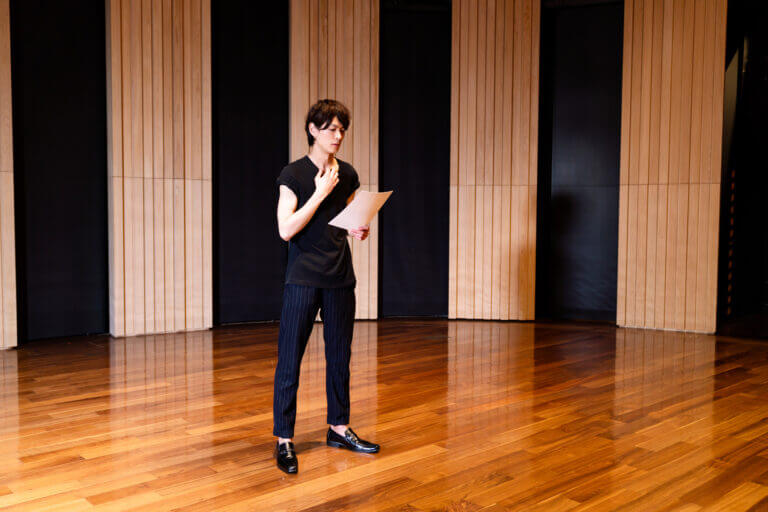With more and more work being done out of actors’ homes, good equipment is a must. If you work in voiceover or audiobook narration, creating a recording space for auditions or projects is a necessity.
Even if you have access to a studio outside the home, it’s best to be able to record in your own space. But if you’re not sure where to start, here are some basic tips to point you in the right direction.
Creating Your Recording Space
Space can be hard to come by. Most of us don’t have convenient spare rooms lying around that we can convert into studios (if you do, that’s fantastic, go all out!).
Although there are options to set up a booth in your home, such as a WhisperRoom or Studiobricks, they can be pretty expensive, especially if you’re new.
When you’re trying to create a space to record in, closets are the most accessible backup. If it’s a large closet, get a chair in there and set up a permanent mic fixture. However, you don’t need a ton of space to record a good VO audition. Standing room only will work just fine.
Don’t forget that creating a recording space can be about more than technical considerations. You want to set yourself up for success and cultivate an environment that produces good work. Ideally, you’ll have a comfortable chair and plenty of water at hand (green apples are also excellent for clearing out excess mouth noises). Any efforts to make the space comfortable, calming and aesthetically pleasing will help boost your mindset.
Soundproofing Your Recording Space
Although you’ll never truly get all of the sounds out of your space, treating it as much as you can will do wonders.
Soundproofing, or rather, sound isolation, is key for good quality audio. If you want to do it at a basic level, acoustic foam is a great cost-effective option that can be installed without too much damage to the surrounding environment.
A higher budget will get you sound-absorbing panels if your space is large enough (you can also make these to save costs and accommodate your space). However, if you need something more transitional, hanging cushiony blankets can help dampen extraneous noise. Clothes already hanging in your closet can do wonders — and outside of buying the clothes, it costs you nothing for this use.
If you have a large walk-in closet or are using a quiet room, you can also build a cage out of PVC pipes, hanging heavy moving blankets around the top and sides. This is a great budget option if you can’t spring for a WhisperRoom or Studiobricks, and it can be set up or taken down easily.
Getting the Gear
To get a good sound, you’re going to need good equipment. Yes, recording on your phone under a blanket can cut it for certain auditions, but if you’re looking to step up your game, you’re going to want to invest a little.
Types of voiceover gear being used will be different for everyone depending on budget, recording space and the type of work they’re looking to produce. Do your research, and if possible, consult with industry professionals such as sound engineers who are well-versed in setting up home studios.
That being said, there are some essentials you should be looking for. You’ll want to make sure you have a laptop or computer where you can download and edit, as well as the necessary software to record (Audacity is a great free option). Make sure to figure out whether you have a USB port or whether you might need a USB to mini USB converter!
Over-the-ear headphones will make your life a lot easier and of course, a good microphone is crucial (there are plenty of great voiceover microphones you can get for around $300 or less). Don’t forget a mic stand or clip-style attachment, mic cord and interface (like mics, you don’t need to break the bank on these).
For a budget DIY studio, your basic setup will be connecting a microphone to the interface via a mic cord, then connecting your interface to your computer via an interface cord, and plugging your headphones directly into the interface to listen. As you’re researching, look to see what equipment bundles might be available to save some extra money.
Having a space to record quality VO samples can be invaluable for an actor. Don’t be intimidated if you’re working out of a small apartment on a tight budget. Do some research and get creative. A little investment can go a long way.
Got your home studio all set up? Head on over to our voiceover casting calls page for all the latest VO auditions!
You may also like:














